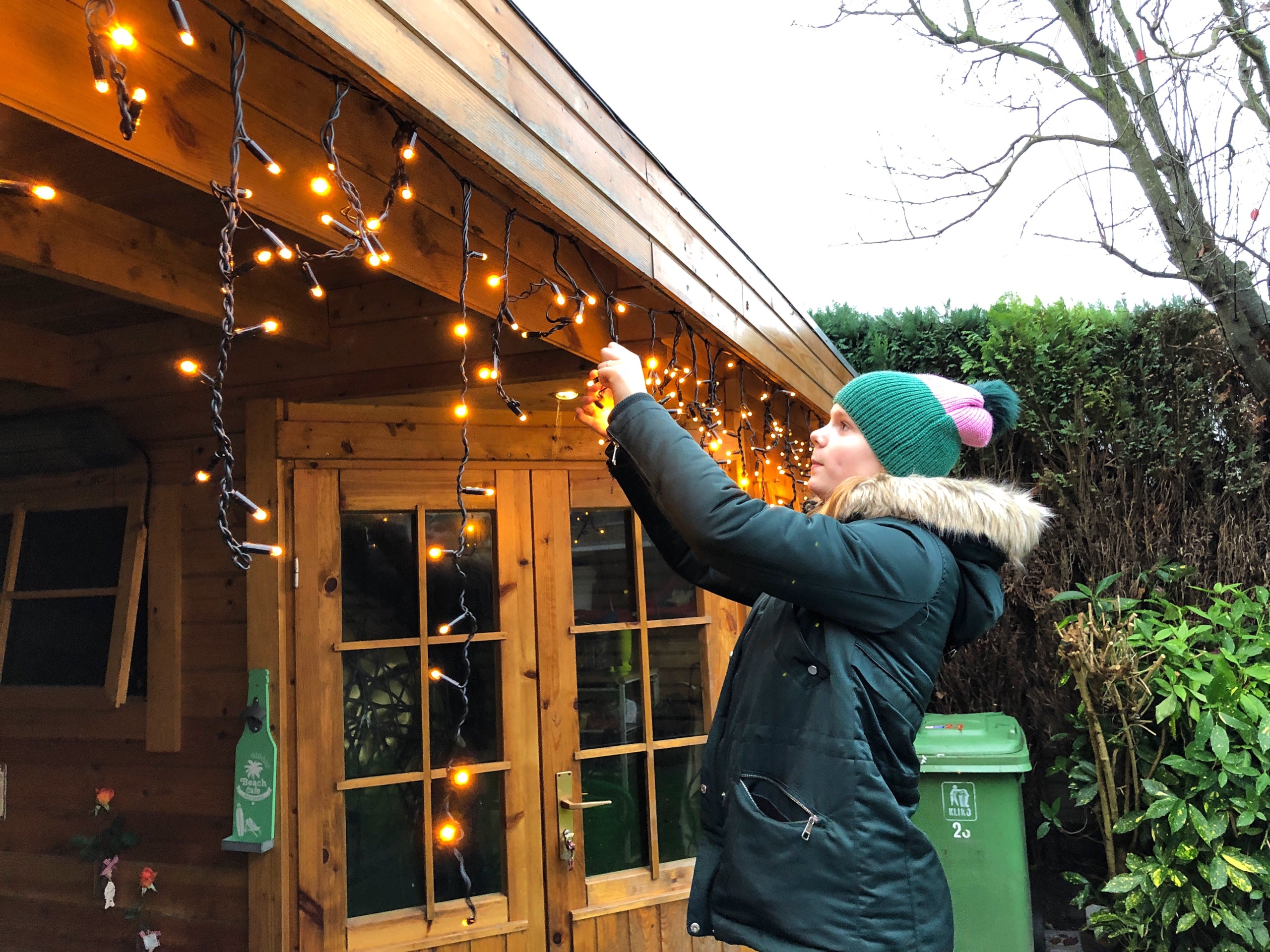If a Disaster Happens, There Are a Lot of Things That an HOA Board and Its Residents Must Consider (Besides HOA Dues)
Gathering supplies, making sure your family is safe, and keeping your home protected are just some of the immediate actions’ residents and HOAs need to take when dealing with an emergency.
If for any unforeseen circumstance your association’s office is closed, do you have a plan for collecting HOA dues? Collecting assessments and dues are an integral part to maintaining business continuity for a homeowners’ association. Failing to collect payments can result negative cashflow that can cause a myriad of problems. During an event, like COVID-19 where workers are forced to work remotely and residents must adjust to new challenges, HOA dues may become tougher for both residents to pay and property managers to collect. The best way to address this issue is by putting the proper technology in place that can facilitate online payments.
Tips for Collecting HOA Dues During a Crisis
1. Allow homeowners to make payments online. Truth is most communities are likely to have already enabled and implemented this feature. Many people affected by the recent COVID-19 virus have been moved to remote working. This means they can still make their same monthly payments. Creating a simple online payment avenue will help keep collections running smoothly and create one less hassle for your staff. If your property still receives payment via in person office payment, a switch to online payments can help save time and effort when your office is forced to close. Work with your residents who don’t usually pay online; have a line open to walk them through the set-up and payment process and give them as much attention and assistance as needed. This will not only help keep collections easier to manage, it improves the relationship between your board and homeowners.
2. Be flexible on late payments. Whenever a natural disaster or something similar strikes it can completely change average day to day life. For some workers, this includes getting their usual payments. This may be due to a reduction in their hours or business that causes their pay to either be reduced or received late. When this happens paying their HOA dues may not be the first thing on their minds. It’s important as an HOA board to work with your residents in positions like these. It may mean suspending late fees. While it can be a great thing in the long run to sympathize with your residents and help them through a tough time, be sure to follow-up so you do eventually receive full payment. It is your responsibility to provide as much assistance as possible, but still maintain payment expectations with residents in this situation.
3. Maintain open and clear communication with community members. In situations like COVID-19 or other natural disasters, information can change daily. There can also be a long period before we return to normalcy. As an HOA board you can bridge the gap between you and your residents with weekly check ins and updates. This can be done virtually through emails, webinars, virtual meetings, etc. or through weekly newsletters delivered to residents. Keeping your residents informed not only helps them feel at ease, it can lessen confusion between sides and can faster address their needs and questions. It can also lead to easier collection and keep HOA due payments flowing as normal.
We Know Adjusting to a Disaster Puts a Strain on Everyone
As an HOA it makes your job harder, but also makes it harder for residents to meet their responsibilities as well.
Top of the line HOA software, like Enumerate Central can help relieve some of the challenges with our online payments, accounting, portals, and more. But it is also up to the HOA to remain transparent with residents and work with them during challenging times. Keeping HOA payments is a big step towards returning to normal working conditions, but it is imperative that you do it correctly when your office is forced to close. This is an important piece of maintaining strong financial results.







